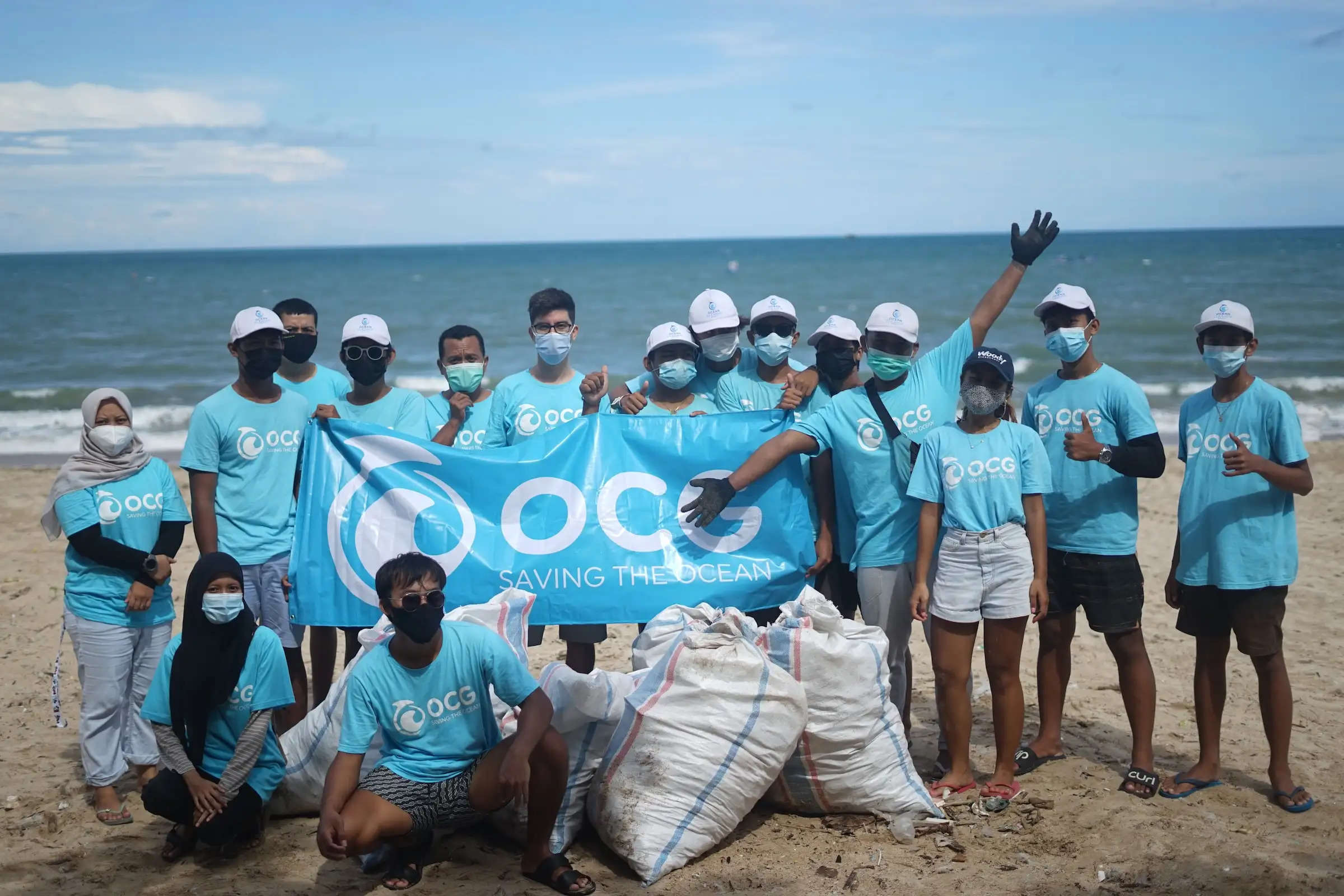Demystifying Voluntourism: Unveiling The Truth Behind Common Myths

Voluntourism, the fusion of volunteer work and travel, has gained popularity in recent years as a means of contributing to communities while experiencing different cultures. However, amid its rise, several myths have emerged, clouding the understanding of its true impact.
Let’s unravel five common myths about voluntourism:
Myth 1: Only Volunteers Benefit
One prevalent misconception surrounding voluntourism is that the only beneficiaries are the volunteers themselves. While it's true that participants gain valuable experiences and perspectives, the impact on local communities should not be underestimated. Many voluntourism programs address specific needs such as education and healthcare, contributing to sustainable development.
Take, for example, a volunteer teaching English in a rural village. The local community benefits from improved language skills, opening up economic opportunities and facilitating better communication. In healthcare-focused programs, volunteers assist in clinics and hospitals, enhancing the capacity of local healthcare systems.
Myth 2: All Volunteers are College Students
Another common misconception is that voluntourism is exclusively for college students seeking a break from their academic pursuits. In reality, voluntourism is a diverse field open to people of all ages and backgrounds. Retirees, professionals on sabbaticals, and families with a shared commitment to giving back are actively engaged in voluntourism alongside students.
For instance, a retired nurse might volunteer in a medical mission, leveraging a lifetime of skills and experience to make a meaningful impact. Families can embark on voluntourism adventures, teaching their children the importance of global citizenship and empathy.
Myth 3: Voluntourism Creates Dependency
A prevalent concern surrounding voluntourism is the fear that it fosters dependency within communities, making them reliant on external assistance. However, responsible voluntourism programs prioritize sustainability and community empowerment. Instead of creating dependency, these initiatives focus on capacity building, skill transfer, and local involvement.
Myth 4: Voluntourism is Just "Voluntourists" Playing Hero
Critics often argue that voluntourism is more about 'Voluntourists' seeking to play the hero rather than making a genuine impact. While there may be instances of misguided intentions, many voluntourism programs prioritize humility, cultural sensitivity, and collaboration. Volunteers are encouraged to listen, learn, and work alongside local communities rather than imposing their ideas.
Myth 5: Voluntourism Is Just a Trend
Some skeptics argue that voluntourism is merely a passing trend driven by the desire for social media-worthy experiences. However, the enduring growth of the voluntourism sector suggests otherwise. Organizations and individuals continue to recognize the value of combining travel with purposeful engagement, fostering a sense of global citizenship and responsibility.
For instance, voluntourism can be a catalyst for long-term change by raising awareness and inspiring volunteers to advocate for social and environmental issues. By dispelling the notion that voluntourism is a fleeting trend, we acknowledge its potential to contribute meaningfully to global challenges.
Unveiling the True Potential of Voluntourism
Voluntourism represents a multifaceted and impactful approach to engaging and contributing to global communities. By debunking prevalent myths, we can gain a deeper understanding of its nuanced nature and strive to maximize its positive impact. It's crucial to approach voluntourism with a sense of responsibility, cultural sensitivity, and a commitment to mutual benefit, fostering genuine connections and positive change on a global scale.
.jpg)
